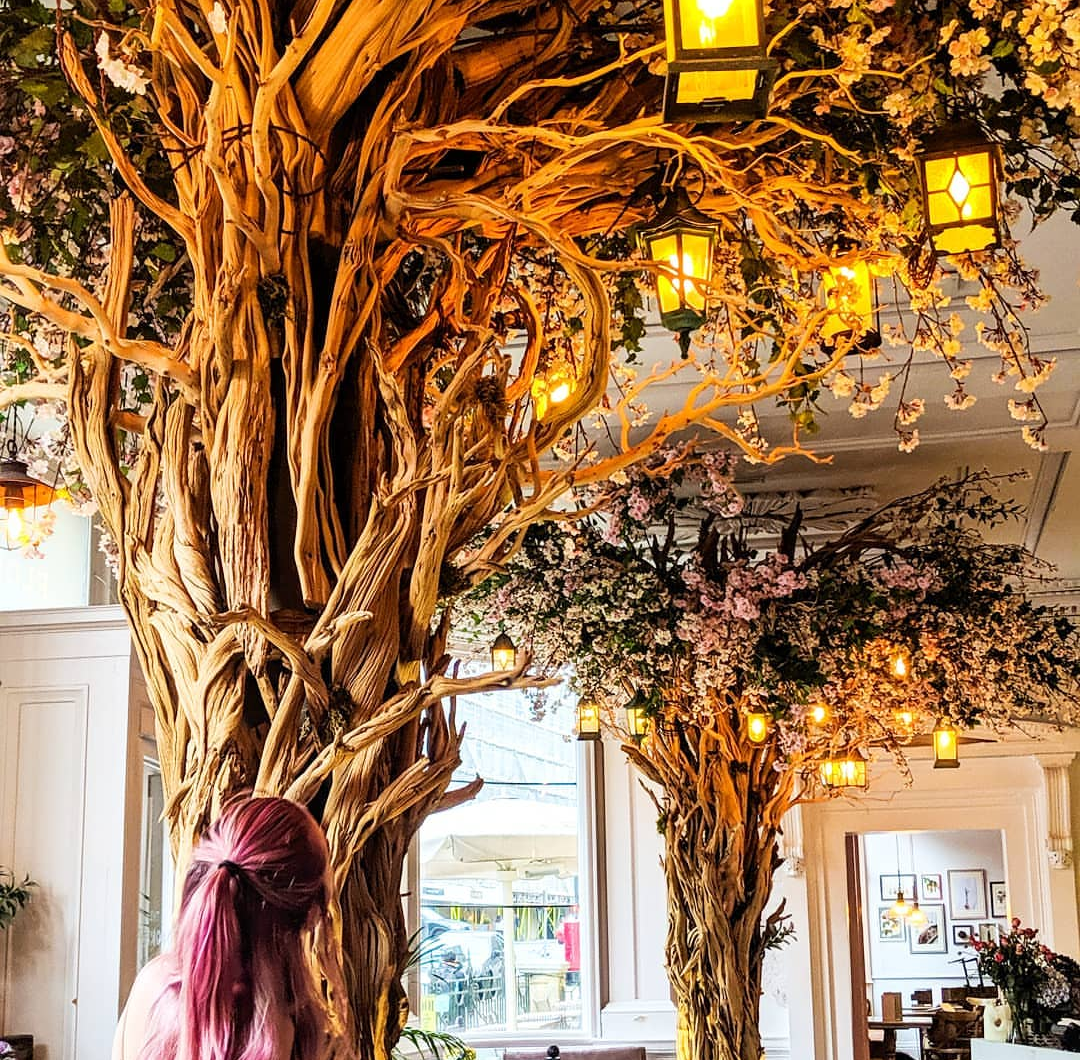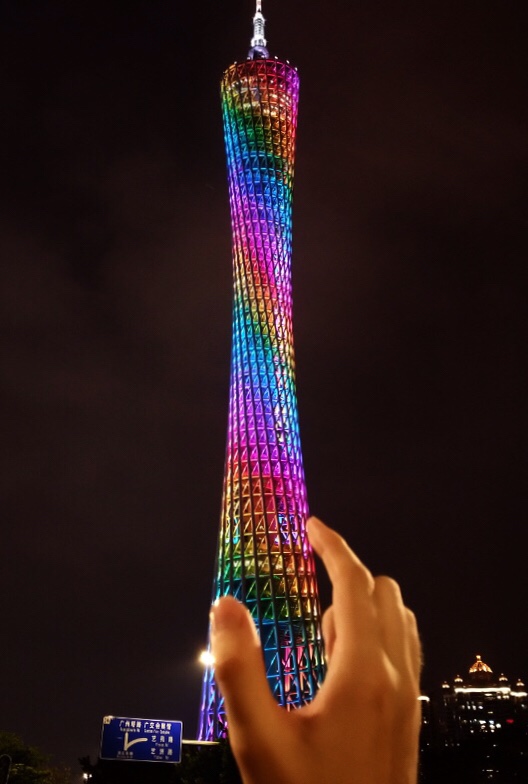It was the third night in Beijing. A group of us headed out to explore the night markets hidden within a lively main street. The street was alive with vividly coloured fluorescent lights, bustling people, and dance groups. People stopped to stare at us – a diverse group of Australians, Europeans, South Africans and Americans.

It was when we had stopped to get our plans sorted out, that we were bombarded by a group of excited Chinese locals.
“Smile, you’re on TV!” one man shouted, thrusting his phone in our faces. Cameras flashed, compliments were thrown our way, countless selfies were initiated. It was absolutely surreal. They exchanged WeChats with us, and after ten minutes of casual photographic attacks, we escaped and went on our way.
That was only the beginning.
Living in China is surreal in more ways than one. There are the photos, the social media, the vivid lights, the dance groups, and the food.
An Endless Amount of Photos will be Taken
If you’re a foreigner, you will get stared at.
Being a foreigner in China = automatic celebrity status.
You cannot enter a subway without having the whole carriage turn to stare. Phones will be pointed directly at you from incomprehensible angles, and photos of your oblivious face will be sent to dozens of unknown numbers.
Walking down the street will give you a taste of fame. People will ask for photos, attempt to converse with you, and compliment you when you walk past. It’s basically like being a small-town celebrity. After a while, you learn to ignore the stares. But in the beginning, it’s very unnerving, feeling judged and photographed from obscure angles. You just have to learn to embrace it.

So far, I have been filmed singing karaoke on the beach (multiple videos were shared on WeChat, one even on Instagram); I have taken photos with locals at the top of the Great Wall of China and in The Forbidden City gardens; I have had subway security guards call me beautiful, and I have taken selfies with people in shopping queues. Every day brings new photographic experiences.
Social Media in China
Before coming to China, I was strongly advised to download WeChat. And rightly so. EVERYONE uses WeChat. Nobody cares about phone numbers or email addresses. WeChat is where it’s at. WeChat has everything:
Alipay
Messaging services
Phone calling sevices
News articles
Location services
It has a lot of good stuff, let me just say that. If you go out, whether it be to a bar or just a ride on the subway, people will ask for your WeChat. When you go out shopping, there is the option just about everywhere to pay via WeChat. If you lose your friend, send them your location on WeChat and it will lead them to you. It’s great, very dependable. And crucial if you’re moving to China.
The Lights in China
At nighttime, China is alive with light. Skyscrapers display vivid ensembles of light patterns stretching into the sky, monuments are alive with flashing colours, and bright red lanterns can be found in installations throughout the cities. If you’re feeling active, you can climb dozens of stairs to reach enormous lanterns inset on the tops of mountains, temples glowing beneath the light sky, and illuminated street markets.

The nightlife is truly spectacular. Everywhere you turn, there are more lights to hold your fascination.
The Dance Groups
When travelling around China of a night time, you will also discover countless dance groups. It’s the sweetest thing. People will bring their own stereos to public places, start dancing, and eventually a giant group of dancers will form on the side of the road. Sometimes there will be numerous dance groups all gathered along one street, different tunes playing from each speaker.
The groups are totally free. A few of us have joined in for a few dances on the odd occasion, and it’s always a lot of fun. Nobody will judge you. They might snap a few sneaky pictures, but if you’re oblivious then it doesn’t matter. Everyone is there to enjoy the ambience, make a few friends, and pull a few cool dance moves.
The Food
In terms of food, it is delicious. From Peking duck to pork dumplings, everything tastes amazing if you’re up for trying it. I live in the South where they like their food hot. And while I’m all for spicy food, let me tell you this food is hotter than anything I’ve ever experienced. But, there are plenty of options for lovers of the less throat-burning foods.
During my first week living in Guangdong, we were taken out for dinner. It was delicious. There was a whole duck (feet and all), noodles, tiny snails (yes, it was bizarre but they didn’t taste half bad), rice, and stinky tofu. One of my friends found the stinky tofu absolutely delicious. My friend found it disgusting, and I found it unpleasant. It’s a black tofu that smells like cow. I’m sorry, but it was too much for me. It’s seen as a delicacy here. The taste might’ve been okay if not for the black texture and awful smell, but I just couldn’t get past it. It was a good experience, though, and I’m glad I tried it. It’s also taken a while to get used to seeing chicken and duck feet in the meals. I imagine they don’t taste bad but I can’t bring myself to nibble on feet just yet.
Every day our school provides breakfast, lunch, and dinner. The meals differ every day, but so far my favourite meal would definitely have to be the sweet and sour pork/chicken, and roasted sweet potato. Tastes amazing. When I’m walking through the school and I smell that amazing aroma of sweet and sour sauce brewing, it brightens my day. Yes, I am ruled by my stomach.
We’ve also had the pleasure of trying numerous exotic fruits. From dragon fruit, durian, and an unknown but delicious fruit that we bought from a street market, they will all ignite your taste buds.
Living in China brings something new every day. You will learn new customs, new words, taste new foods, and be photographed by new people. You never know what the day will bring. And that’s what makes it exciting.




Just amazing aleisha keep up your hard work.. Yoir doing extremely well. Much Love 💖 Shauny..
Thank you, Shauno 💕